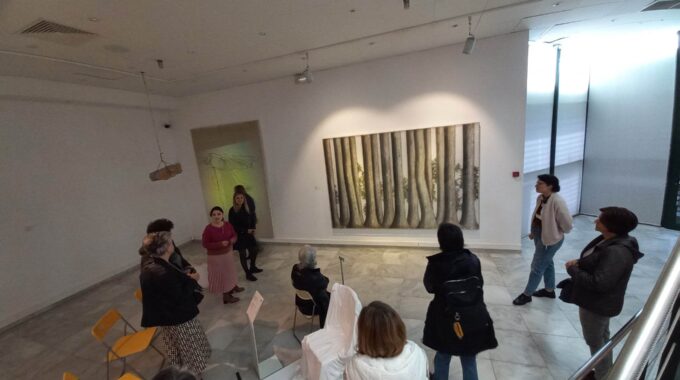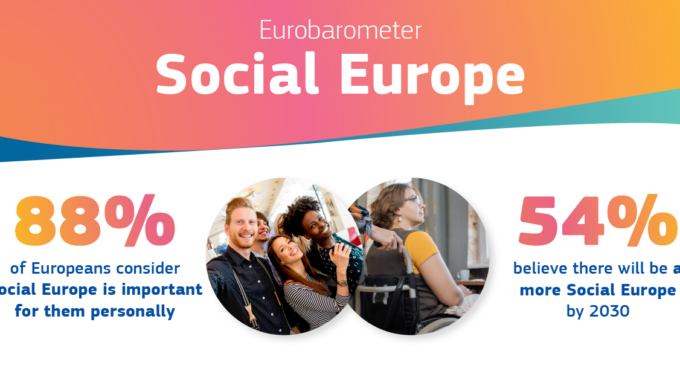
Housing: an Educational European Road to Civil Rights
On June 14th and 15th, 2019, an international conference will be held at Sant’Eugenio Hospital in Rome to conclude HERO (Housing: an educational European ROad to Civil Rights). The three-year-long project was promoted and coordinated by the Department of Mental Health at ASL Roma 2, the largest metropolitan DSM in Italy, with over 1,300,000 residents.
Apart from ASL Roma 2, the project was joined by the Don Luigi Di Liegro International Foundation, the University Psychiatric Hospital of Zagreb (Croatia), the Pegode Association of Antwerp (Belgium), the Merseyside Expanding Horizons Association of Liverpool (Great Britain), and the PEPSAEE Association of Athens (Greece).
The HERO project is an integral part of the 2013-2020 Mental Health Action Plan promoted by WHO and is included in objective n. 3, “Good Health and Well-Being” launched by the United Nations Sustainable Development.
After one year of hard work, the e-book Housing e salute mentale (“Housing and Mental Health”) was published in five languages: quality indicators for local communities generated by a fruitful exchange of housing experiences, whose aim is to detect indicators that can become European guidelines for future initiatives within the recovery program for mentally distressed users.
After three years, at the end of the HERO Project, the final product of the “Curriculum” is presented; it is a European handbook of 212 pages of material for training and learning activities and aiming at increasing knowledge and competence about housing in connection with mental health. The project not only concerns housing but individual relationships with the environment, and stresses the importance of “living outside” rather than “living inside”.
The “Curriculum” represents an integrated product for users and their families, health workers and other operators and citizens, which could facilitate the empowerment of local communities and the development of specific skills aimed at developing independence and inclusion of users in the communities. Its purpose is to promote housing projects as a strategy to create an inclusive society, especially with regards to mental health users.
All information about the Project is available in five different languages on its website: www.housing-project.eu
The conference will be held simultaneously yet in close connection with the National Conference for Mental Health at Rome’s University La Sapienza (www.conferenzasalutementale.it) as they both will revolve around “housing” as one of the core themes for the safeguard of mental health.





